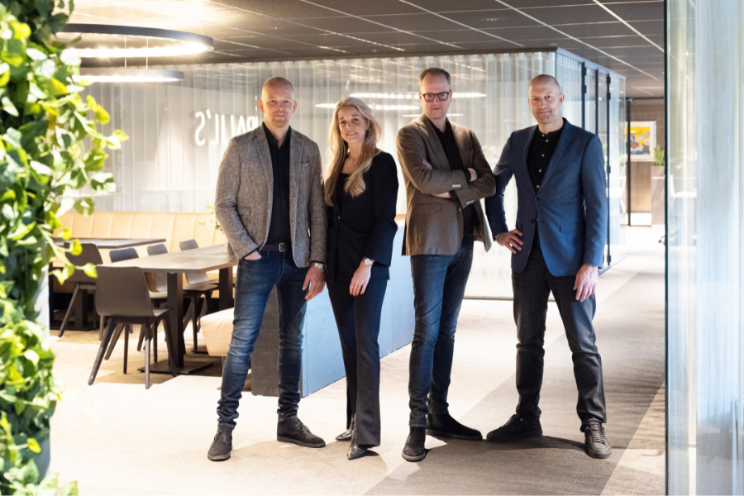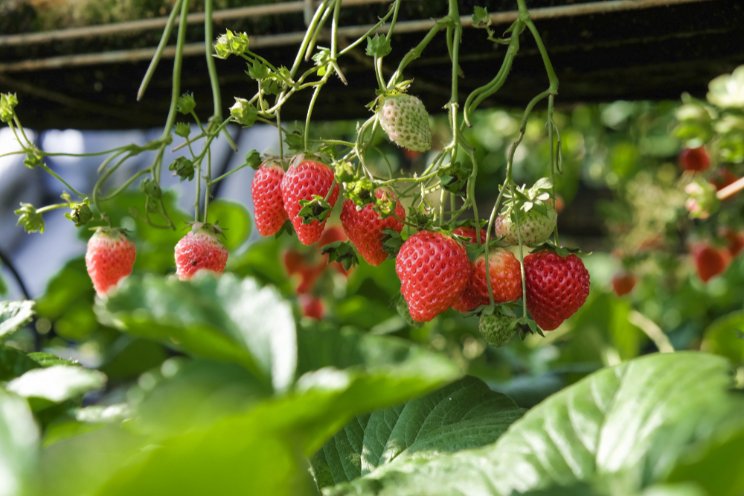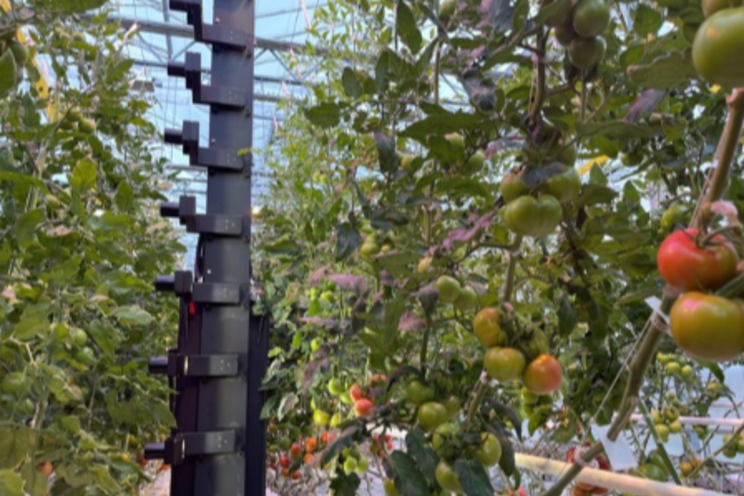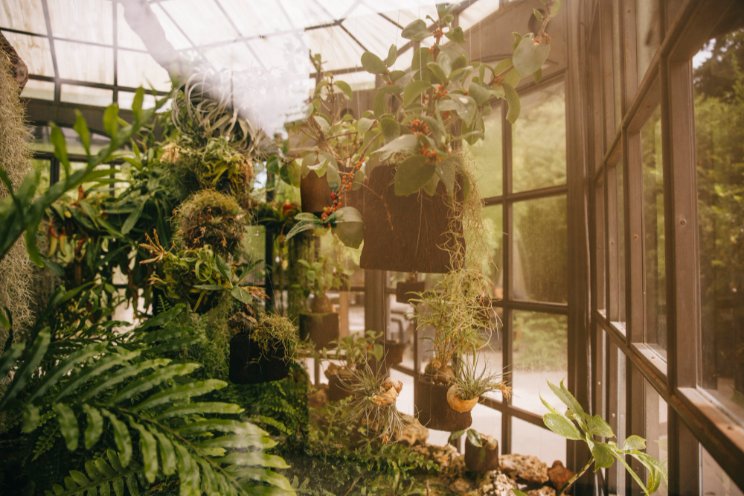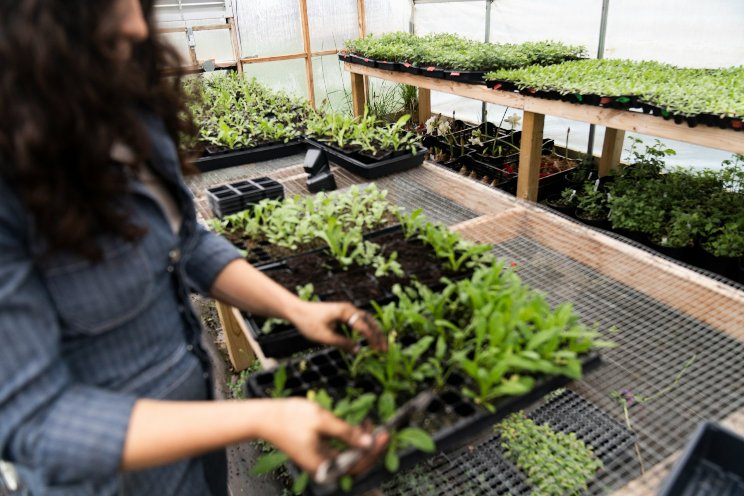How AI could cultivate the next green revolution in UK agri
Added on 16 October 2023
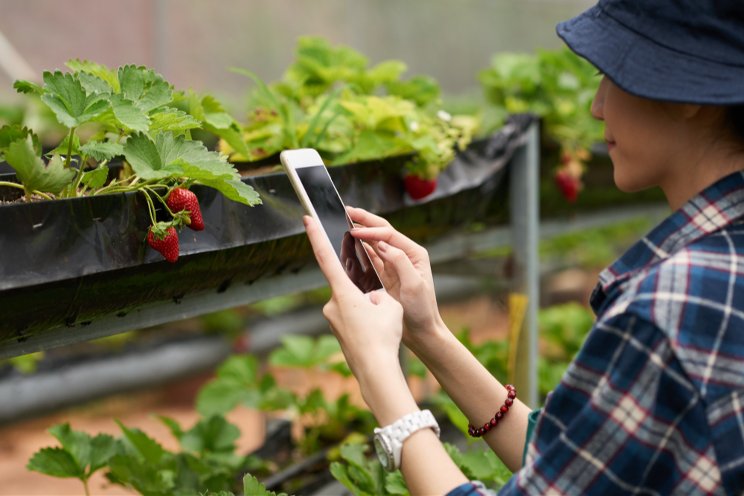
A hypothetical example of such technology is a system that could simulate and analyse genetic combinations of crops to predict growth, yield, and nutritional content outcomes. By optimising plant varieties in a virtual environment before they are cultivated in real-world conditions, farmers could potentially achieve increased yields and resource efficiency.
Horticultural businesses are increasingly interested in the potential benefits of AI. Technologies that can provide actionable insights, enhance decision-making, and optimise agricultural practices could lead to increased crop quality and quantity, reduced resource use, and enhanced environmental sustainability.
In the evolving landscape of AI integration in agriculture, the concept of digital twins is also emerging as a pivotal tool in plant science.
Digital twins, virtual replicas of physical systems, allow scientists and farmers to simulate, analyse, and control the real-world processes of plant growth and production in a virtual environment.
In the context of plant science, digital twins can model the intricate biological processes of plant varieties, enabling a detailed analysis of their responses to various environmental conditions. This technology facilitates real-time monitoring and predictive analysis, offering insights into optimal growth conditions, potential yield, and resource requirements.
Image by pressfoto on Freepik
More news

